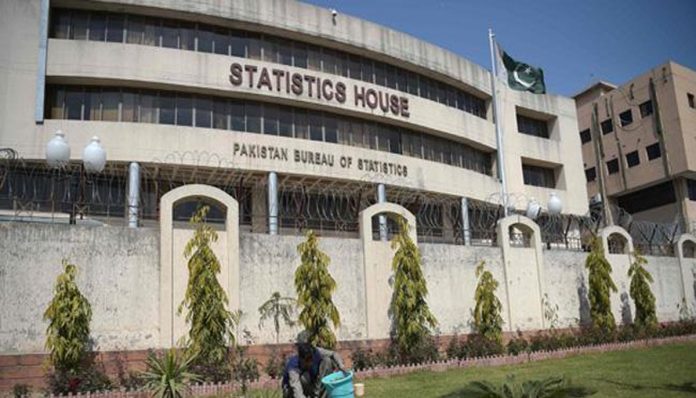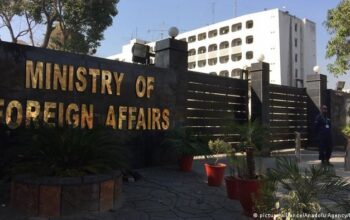The CPI jumped by 6.34 percent month-on-month, spawning the highest ever WPI inflation in the country’s history.
By Staff Reporter
ISLAMABAD: Official data published Friday put the crucial Consumer Price Index (CPI) for the month of June 2022 at 21.32 percent, up 6.34 percent month-on-month from the level reported for May, a reflection of how the purchasing power of the common Pakistani is evaporating in thin air.
The Wholesale Price Index (WPI) for June 2022 tallied in at 38.9 percent, the highest ever in the country’s history, on the back of double-digit core inflation, according to a report by Pakistan Bureau of Statistics (PBS) on monthly iflation.
Finance Minister Miftah Ismail, who spoke to media persons Friday, blamed skyrocketing inflation on the recent increases in petroleum prices.
Inflationary pressures have been on the rise in Pakistan for some time now. The trend picked up steam after Prime Minister Shehbaz Sharif took the reins of government in April this year, chiefly because his economic managers have deemed it fit to affect a series of pump price increases in quick succession.
Fossil fuels constitute the lion’s share of Pakistan’s energy mix. Apart from fueling the nation’s transport fleet, petroleum-based fuels stoke many of the country’s power plants – which partly explains the country’s ongoing electricity crisis.
Sharif and his top aides have publicly said Pakistan needs having to make tough calls to avert default. Other experts and activists have warned of the consequences of high inflation. One analyst recently recounted how Sri Lanka’s CPI stood at 54.6 percent when its economy suffered a meltdown, pushing the country into default mode.
“There were two choices with us”, Federal Minister for Finance and Revenue Miftah Ismail told his audience at PTV headquarters here Friday. “[The first choice was] to face a Sri Lanka-like situation and allow the Pakistani rupee to depreciate to touch PKR 400 against the US dollar.
“[The other choice was the] withdrawal of the huge [fuel] subsidy and pass international prices on to domestic consumers. We made the tough call and increased POL prices.”
In other words, he conceded that the increases in POL prices have pushed up inflationary pressures manifold, but argued there was no choice available with the government.
The minister said that the International Monetary Fund (IMF) had shared the Memorandum of Economic and Financial Policies (MEFP) for the revival of Pakistan’s stalled Enhanced Fund Facility (EFF), which the government was reading carefully as it did not want to move ahead in haste.
“It is expected that the parleys over the MEFP will be finalized after few days”, he told the media conference. “Then staff level agreement will be struck”. He was careful not to mention a specific timeframe.
The Minister said if he had implemented the agreement signed with the IMF by the previous government led by Imran Khan’s Pakistan Tehreek-e-Insaf (PTI), the petrol price would have gone up by PKR 75 per litre and diesel price by PKR 81 per litre.
He said the government had imposed a PKR 10 per litre federal levy on petrol and PKR 5 per litre on diesel.
The Minister argued there was no way Pakistan could afford a PKR 120 billion subsidy on POL products on monthly basis, which is why the government chose to pass the international prices on to the consumers.
He said that the Sri Lanka had chosen the path of default to avoid hiking POL prices, but the authorities in Pakistan made a decision to pursue a difficult path to steer the economy out of crisis mode.
Copyright © 2021 Independent Pakistan | All rights reserved




